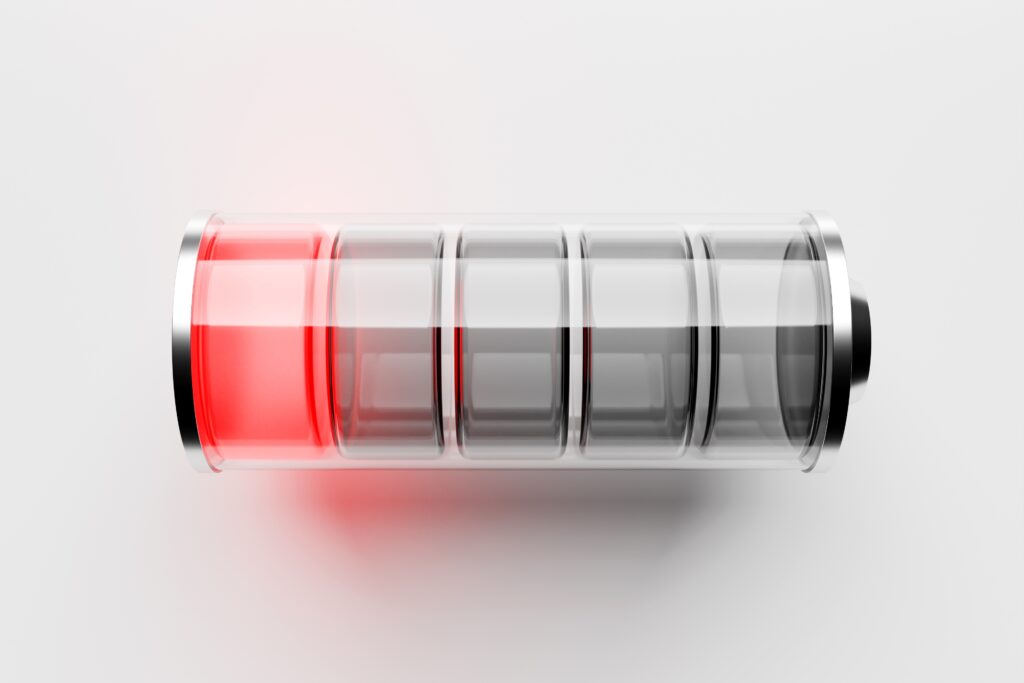Dr. Marin Burton facilitated an engaging workshop on how to burn bright rather than burning out at the 2024 Women’s Economic Development Network Forum. The content resonated deeply and resulted in a lot of discussion about experiences with burn out and how to avoid it.
Dr. Burton led off with an analogy that got everyone’s attention. She asked what you do when you see your phone battery on red. We answered that we race to find a charger. Some admitted to slight panic when they see the red battery indicator, and most admitted to multiple chargers at the office, home, and in the car. Dr. Burton then asked why we don’t race for a recharge when our energy level is on red? It was an “ah-ha” moment for many in the room.
Dr. Burton’s foundation is that “resilience is about how you recharge, not how you endure.” Too often we push and push and push to get through a task. However, excellence is developed through consistent, intentional practices that recharge rather than deplete us. She facilitated exercises and discussion on five ways to recharge so we can show up with our “best selves” at work and at home.
- Physical – This is the practice that most people at the forum said they neglect. Whether it is skipping exercise, cutting back on sleep, or sitting at a desk all day even through lunch, not taking care of our physical self drags down our performance. Walking meetings and stretches between meetings are a couple of ways movement can be worked into your day.
- Mental – Dr. Burton reminded us that you don’t have to have a daily, long meditation practice. You can benefit from just three deep breaths before entering a meeting. This simple tip can lower blood pressure and reduce stress.
- Inspirational – Finding meaning in your work, rediscovering your “why,” and connecting with what inspires you can help you recharge. We all get that “feel good moment” when we know we have done something purposeful.
- Emotional – Too often we focus on what went wrong rather than what went right in our day– even if what went right was 98%. Many could relate to focusing on the 2% that went wrong when you wake up in the middle of the night. Dr. Burton shared research that says by focusing on positive memories, we can recreate the feelings of joy of happiness that we experienced at the time.
- Social – We learned during the pandemic that social connections are very important to recharging. Simple acts such as expressing gratitude, connecting with friends and family, and sharing moments with people we care about improves our physical and mental health.
Dr. Burton’s key takeaway was that we can incorporate these five recharging strategies in small bits of time that she called “time confetti.” You don’t have to have a time intensive exercise regimen, meditate for an hour a day, and spend hours a week at social events. You can work in minutes here and there to regularly recharge your battery so it does not get to red.
